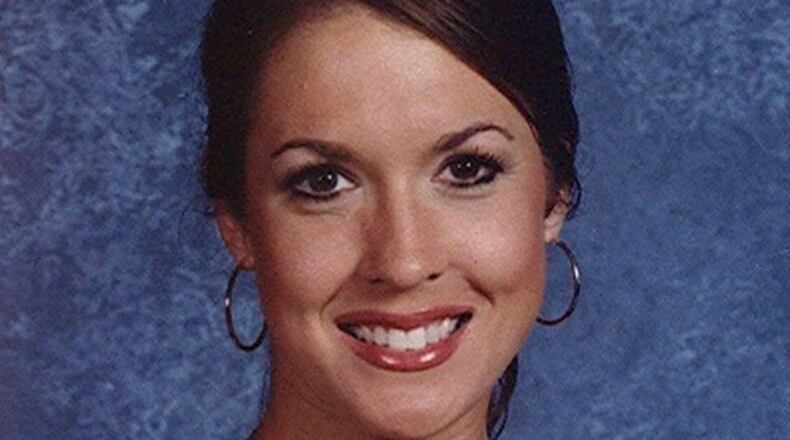Lawyers representing a man charged in the murder of a South Georgia beauty queen will argue Tuesday that their client is entitled to state funding for experts to be used in his defense at trial.
The appeal before the Georgia Supreme Court is being brought by Ryan Alexander Duke, who was arrested in February 2017 for the killing of Tara Grinstead. The former beauty queen was reported missing in October 2005 when she failed to show up to teach a history class at Irwin County High School.
Credit: HYOSUB SHIN / AJC
Credit: HYOSUB SHIN / AJC
An investigation that spanned more than a decade finally settled on Duke with the help of DNA evidence, and when a friend of Duke’s told authorities Duke had confessed to him that he had broken into Grinstead’s home and strangled her. That friend, Bo Dukes, also said he helped Duke move Grinstead’s body to a pine grove and burn it. Authorities have also said Duke later confessed to GBI agents that he was responsible for Grinstead’s murder.
A trial was scheduled for March 2019, and 600 jurors had been summoned and answered questionnaires. But subsequent appeals have held up the high-profile case.
In 2018, Duke declined to have a public defender represent him and instead retained Ashleigh and John Merchant, a wife-and-husband team of lawyers from Marietta, as well as Atlanta lawyer Evan Gibbs. They are representing Duke pro bono, or free of charge.
As the trial neared, the defense lawyers requested funding for three experts: one to analyze findings from a computer program linking DNA on a latex glove found outside Grinstead’s home to Duke, another who specializes in false confessions and a psychologist to evaluate Duke.
Superior Court Judge Bill Reinhardt, who found Duke was unable to pay for the experts, also declared that Duke had shown a “compelling” need for them. But Reinhardt said that because Duke has pro bono counsel, and not a public defender, he was not entitled to funds for the experts. At the Supreme Court’s urging, Reinhardt allowed this issue to be appealed before trial.
In legal briefs, Duke’s lawyers said their client needs funding for the experts to protect his Constitutional right to counsel and a fair trial. They also noted the State Bar of Georgia and the state Supreme Court have strongly advocated for lawyers to offer pro bono legal services.
“To deny Mr. Duke funds in this case is to deny him effective pro bono counsel, which will only serve to deter counsel from volunteering to assist on this case and will deter other lawyers from handling such cases on a pro bono basis,” the lawyers wrote.
In response, state prosecutors suggested Duke has the financial resources to afford private attorneys to represent him. But even if he is indigent, prosecutors said, when Duke chose not to be represented by a public defender he “also opted out of public defense resources for ancillary services.”
About the Author
The Latest
Featured





